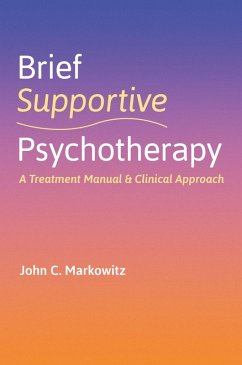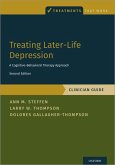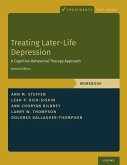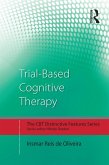Supportive psychotherapy is widely practiced but poorly defined, often misunderstood, and unfairly disparaged. Dr. Markowitz and his colleagues manualized Brief Supportive Psychotherapy (BSP) as a time-limited control treatment to compare to "more active" established psychotherapies like cognitive behavioral therapy (CBT) and interpersonal psychotherapy (IPT) in research studies. In fact, BSP, an emotion-focused, bare-bones treatment based on Carl Rogers' Client Centered Therapy, has since proven itself to be a robust treatment in multiple randomized controlled treatment trials. It has generally kept pace with the brand name treatments in treating patients with difficult disorders like chronic depression. Some therapists, previously trained only in cognitive and behavioral approaches, have found this affect-focused approach adds a new dimension to their thinking and to patients' lives.
Brief Supportive Psychotherapy: A Treatment Manual and Clinical Approach is both an elaboration of the now well-tested research treatment manual for BSP and a primer for clinicians. It illustrates how BSP helps patients with mood and anxiety disorders to tolerate rather than avoid their powerful negative emotions. It describes the key elements of supportive psychotherapy, covering the crucial "common factors" that help make all evidence-based psychotherapies effective. These include affective arousal, helping the patient to feel understood, realistic optimism for improvement, a therapeutic ritual, clinical poise, and success experiences. BSP maximizes patient autonomy, letting the patient lead sessions, and prescribes no homework. It is an elemental, relatively simple approach for a psychotherapy, yet no psychotherapy is easy to do well. Its affect-focused approach enhances the application of all psychotherapeutic approaches. It deserves a place among evidence-based treatments in depression treatment guidelines.
Dieser Download kann aus rechtlichen Gründen nur mit Rechnungsadresse in A, B, BG, CY, CZ, D, DK, EW, E, FIN, F, GR, HR, H, IRL, I, LT, L, LR, M, NL, PL, P, R, S, SLO, SK ausgeliefert werden.









